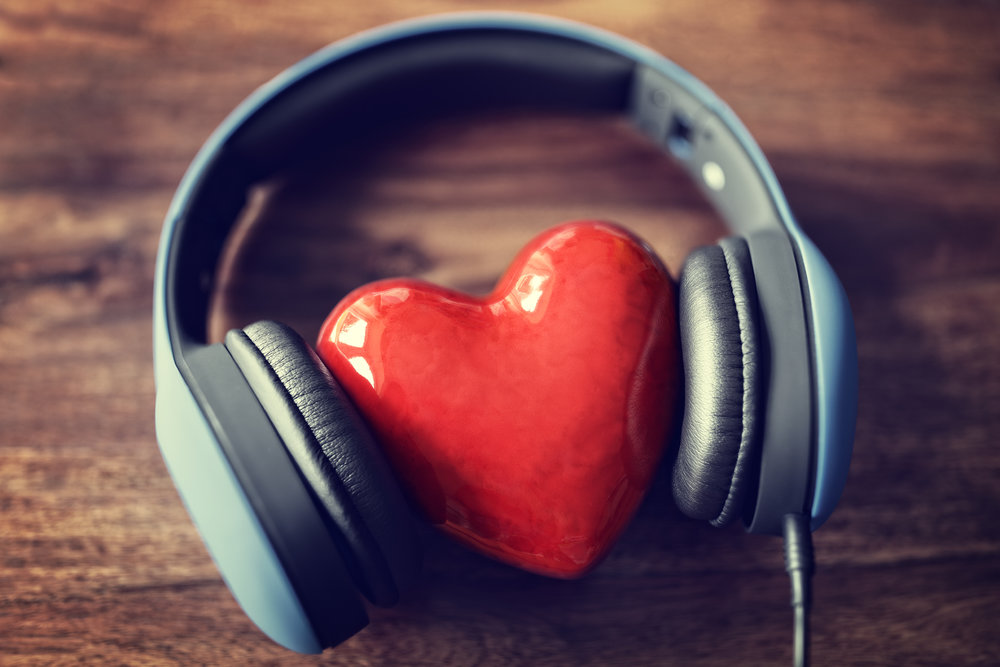DeWine, Ohio signs law allowing motorcyclists to wear earplugs

Some riders didn’t know that it is currently illegal to use earplugs when they ride
This summer, motorcycle riders will legally be able to use earplugs when they ride in Ohio. The new law goes into effect in 90 days.
Gov. Mike DeWine signed the bill into law Friday that allows for the use of earplugs or earphones for hearing protection. Devices that provide entertainment will still be prohibited. Some riders didn’t know that it is currently illegal to use earplugs when they ride. They say they use earplugs to lower the decibel level assaulting their hearing as they ride.
Noise impact on Motorcycle Riders
Several things contribute to the noise riders have to deal with, including the engine and exhaust systems of the bike. While they are traveling, the sound of the air passing by their ears creates noise as well. Those that use earplugs said wearing them helps them hear better than they would without using the devices. They claim to be able to hear low bass and high treble sounds easier.
dB All Sport™ for Motorcycle Riders
Protect Ear’s dB All Sport™ lets you hear the full range of your recording even at highway speeds.
This ear protector is built for the rider who wants to listen to their digital music player or radio, All Sport™ is the ideal way to take your tunes on the road. All Sport™ is a headset that connects to your digital music player and is specially designed to work in the harsh environment bikers endure. Wind noise, bike rumble, and traffic sounds compound to make listening to radio or music a challenge while riding.
The All Sport™ uses dB Blocker® Technology giving you extremely comfortable isolation from wind noise, bike growl and the quality music sounds of specially tuned dual stereo transducers. The sound reaches the protector through sound tubes that pass over the ear. This over-the-ear design allows for use with either full face or 1/2 shell helmets. It also allows for your All Sport™ to be easily repaired if you damage them. Learn more about the All Sport.

Riders who’ve been using earplugs for years say this bill is long overdue and is appreciated. When DeWine was asked if he was interested in pursuing a helmet law next, he told reporters he was not going to talk about that at the current time.
Source
https://www.wkbn.com/news/ohio/dewine-signs-law-allowing-motorcyclists-to-wear-earplugs/





